|
'Sonnet 19: (On His Blindness) When I consider...' by John Milton When I consider how my light is spent, Ere half my days, in this dark world and wide, And that one talent which is death to hide Lodged with me useless, though my soul more bent To serve therewith my Maker, and present My true account, lest He returning chide, 'Doth God exact day-labour, light denied?' I fondly ask. But Patience, to prevent That murmur, soon replies, 'God doth not need Either man's work, or his own gifts. Who best Bear his mild yoke, they serve him best. His state Is kingly: thousands at his bidding speed And post o'er land and ocean without rest; They also serve who only stand and wait.' Frederic Leighton (1830–1896) was a British painter, artist and sculptor.
John Milton (1608–1674) was an English poet.
0 Comments
By Emma McCoy (Samuel and his visions) Listen! Here, in the dark, someone calling your name. Not the old prophet, sleeping heavy, nor his sons who sleep dreamless every night. Look! There, on the inner steps of the temple, a woman praying and pleading with God. Her whispers float over cold marble and you shift your child’s feet. Familiar? Perhaps, like a dream that comes once a year. You blink once and she’s gone, quiet like the name just outside your reach. Wait! Someone else must be here in shadowed corridors and empty nighttime splendor for you can feel it as close as your next breath. Now, in those days there were no frequent visions but the dark seems less scary and you can see the faith the future holds, with oil and pride and pastures. This must be what your mother prayed over you when she dropped you off on the temple steps, blessing personified. You, child, are love embodied, proof of a warm and living God who spins dreams. You see His mysteries this night, and every night, walking past prophets and sons, feet cold on marble head light and full of promise. Breathe, Kingmaker, and fall asleep to the sound of your name whispered with love. Emma McCoy is a literature student at Point Loma Nazarene University, California. Much of her poetry explores biblical narratives through re-imagination, closed forms and a close look at the structures and imagery of the original stories. When she's not writing, she spends her time outdoors chasing the downhill -- either skiing or mountain-biking.
Emma's other poems on Foreshadow: - the third movement of Genesis (January 2021) - To Cross the Jordan (June 2021) 'The Collar' by George Herbert I struck the board, and cried 'No more! I will abroad. What, shall I ever sigh and pine? My lines and life are free; free as the road, Loose as the wind, as large as store. Shall I be still in suit? Have I no harvest but a thorn To let me blood, and not restore What I have lost with cordial fruit? Sure there was wine Before my sighs did dry it: there was corn Before my tears did drown it. Is the year only lost to me? Have I no bays to crown it? No flowers, no garlands gay? All blasted? All wasted? Not so, my heart; but there is fruit, And thou hast hands. Recover all thy sigh-blown age On double pleasures; leave thy cold dispute Of what is fit and not; forsake thy cage, Thy rope of sands, Which petty thoughts have made, and made to thee Good cable to enforce and draw, And be thy law While thou didst wink and wouldst not see. Away, take heed: I will abroad. Call in thy death's head there: tie up thy fears. He that forbears To suit and serve his need, Deserves his load.' But as I raved and grew more fierce and wild At every word, Methought I heard one calling, 'Child!' And I replied, 'My Lord!' Joshua Reynolds (1723–1792) was an English portrait painter.
George Herbert (1593–1633) was a Welsh poet and an Anglican priest. After clicking 'Play', please wait a few moments for the podcast to load. You can also listen on Spotify, Apple, Google, Podomatic, Player FM and Deezer. Listen to other Forecasts here. This Forecast is a mixtape of music by the podcast's co-hosts, some of which has been featured in clips in previous episodes, and some of which is new. Outline of today's Forecast
'Now Your Love Satisfies Me' by Josh Seligman Based on the Gerasene man from whom Jesus cast out an army of demons In the morning, I used to fear The strangers I had seen in my dreams They'd pin me down and change my name But now those voices never make a sound In the morning, I used to hide From the people who used to hide from me I'd bruise my face to try to get away But now I'm so glad to be around In the morning, now I sing In the morning, I used to cry That toil and trouble would follow all my days I'd break my chains, they'd clamp again But now they are nowhere to be found In the morning, I used to climb The hillside to jump into the sea But then I found you, when you found me And now I am sitting on the ground Now your love satisfies And when you asked my name, I couldn't say But when you come again, I'll find a better place Where you can stay In the morning, now I sing To tell of all the good God's done for me And if you hear me sing my song And if you know the words, then sing along In the morning, now I sing That now your love satisfies 'Cause now your love satisfies me. Josh Seligman is the founding editor of Foreshadow and a co-host of its podcast, Forecast.
Will Shine is a co-host of Forecast. 'The Singer Saith of His Song' by Francis Thompson The touches of man's modern speech Perplex her unacquainted tongue; There seems through all her songs a sound Of falling tears. She is not young. Within her eyes' profound arcane Resides the glory of her dreams; Behind her secret cloud of hair, She sees the Is beyond the Seems. Her heart sole-towered in her steep spirit, Somewhat sweet is she, somewhat wan; And she sings the songs of Sion By the streams of Babylon. William Keith (1838–1911) was a Scottish-American painter.
Francis Thompson (1859–1907) was an English and Catholic poet. By Susan Yanos Unless you be born again. . . (John 3:3) Do not ask this—howling winter soon bearing down—this just now do not ask: born in ripeness to reject nectar of pear, hanging heavy from bough, for rhubarb’s tart spikes abandon sanctuary padded with costly harvests for road of endless summits and wind tormented tent let cold locked in bones seep into flesh and brain until it under scalding sun boils dry. Too much your call too much I fear I must say no while do yes. Susan Yanos is the author of The Tongue Has No Bone, a book of poems, and Woman, You Are Free: A Spirituality for Women in Luke; and is co-editor and co-author of Emerging from the Vineyard: Essays by Lay Ecclesial Ministers. Her poems, essays and articles have appeared in several journals. A former professor of writing, literature and ministry of writing, she now serves as a spiritual director, retreat leader and freelance editor. She lives with her husband on their farm in east-central Indiana (US), where she creates art quilts and tends to her hens, fruit trees and gardens.
'Upon Turning Sixty in October' was first published in The Tongue Has No Bone. It has been republished here with the author's permission. Susan's other work on Foreshadow: - God Who Sent the Dove Sends the Hawk (Poetry, January 2021) - Love Song of the Anawim (Poetry, April 2021) 'Trees' by Walter de la Mare Of all the trees in England, Her sweet three corners in, Only the Ash, the bonnie Ash Burns fierce while it is green. Of all the trees in England, From sea to sea again, The Willow loveliest stoops her boughs Beneath the driving rain. Of all the trees in England, Past frankincense and myrrh, There's none for smell, of bloom and smoke, Like Lime and Juniper. Of all the trees in England, Oak, Elder, Elm and Thorn, The Yew alone burns lamps of peace For them that lie forlorn. Grigoriy Grigorievich Myasoyedov (1834–1911) was a Russian realist painter.
Walter John de la Mare (1873–1956) was an English poet, short story writer and novelist. After clicking 'Play', please wait a few moments for the podcast to load. You can also listen on Spotify, Apple, Google, Podomatic, Player FM and Deezer. Listen to other Forecasts here. Co-hosts Josh and Will look back over this past (and first) season of Forecast. After briefly reviewing each of the episodes thus far, they share their highlights and challenges as well as emerging themes for future episodes, especially concerning Christian worship. From today's Forecast: Will: I'm always struck by the 15th- or 16th-century monastic Brother Lawrence and his The Practice of the Presence of God. This monk in the kitchen, former foot solider, finds some sense of deep fulfillment and purpose in an otherwise monotonous, mundane and otherwise milk-toast job. And yet there's this huge, exuding sense of both worship -- and for him this means devotion and dedication to his notion of God and to Christian service -- but also just this joy, this sense of joy and wonder...and just appreciation of life. And I think that just as that was true for that individual...I think that's true for all of our guests. They found some sense of purpose and joy, even despite problematic dimensions to things they're working on or working through, despite challenges. There's something about sitting in that, where the real...blessedness is. It's in struggle, it's in work, it's in trial that you really can recognise a blessedness, not because it's soothing, comforting or reassuring, but because you need to turn to something bigger than yourself...and you recognise that you're a part of something that's moving forward. Josh Seligman is the founding editor of Foreshadow and co-host of its podcast, Forecast.
Will Shine is a co-host of Forecast. |
Categories
All
ForecastSupport UsArchives
July 2024
|
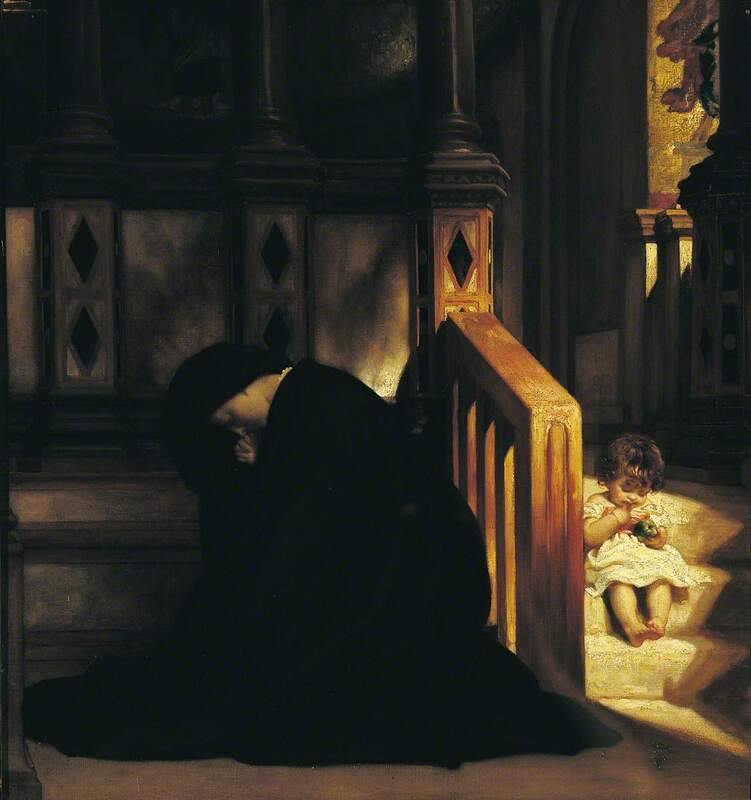
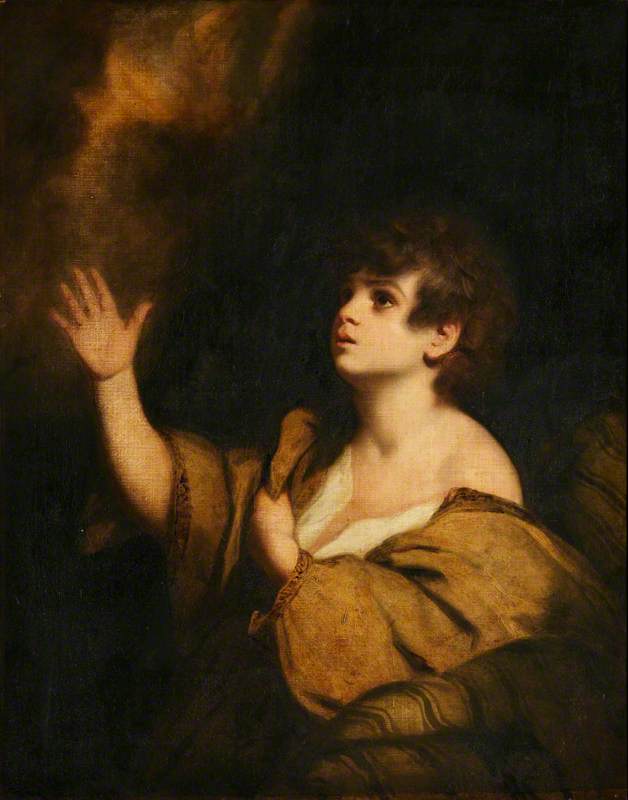
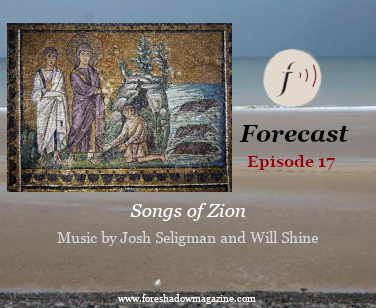
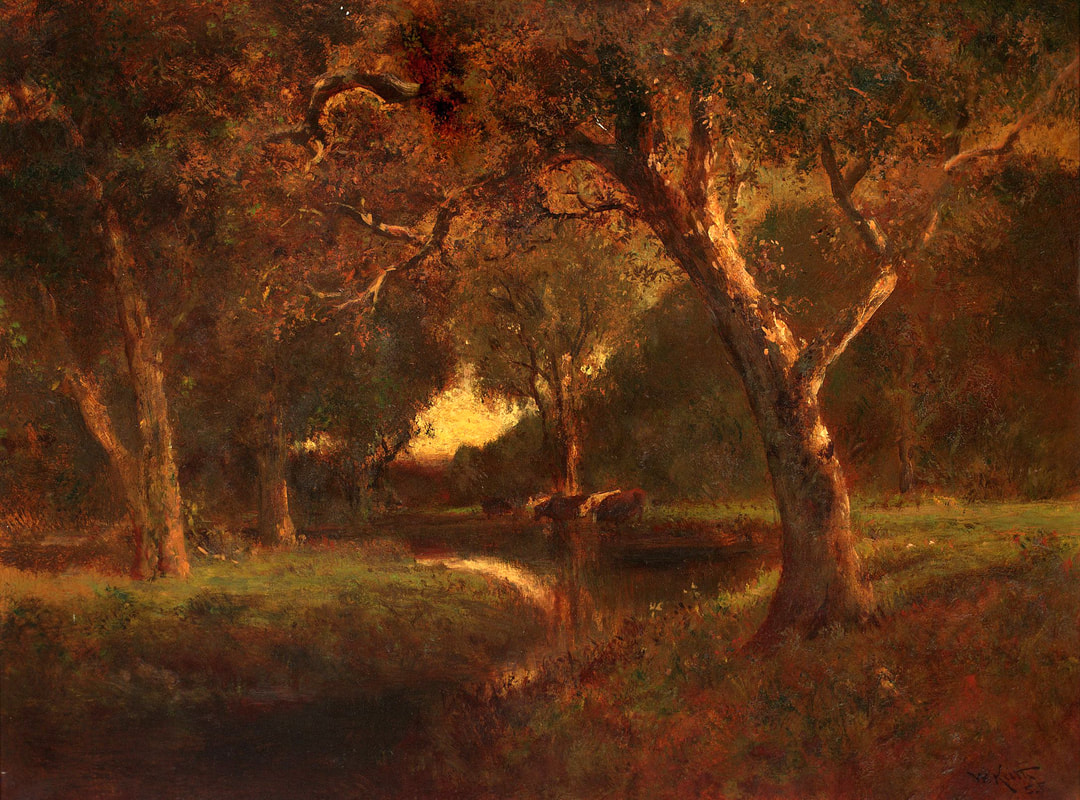
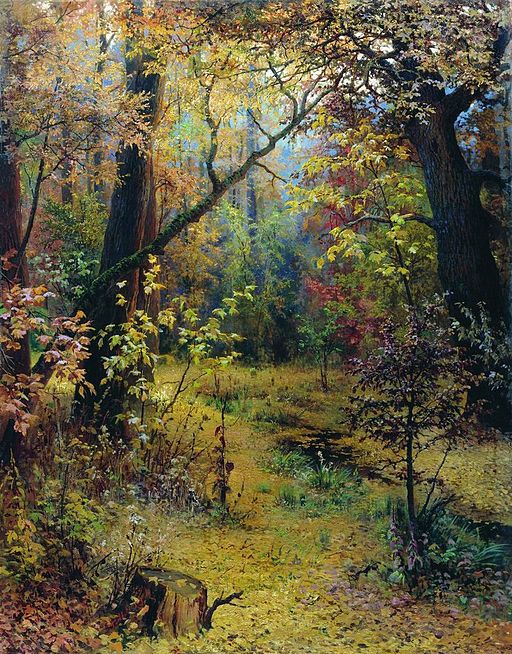
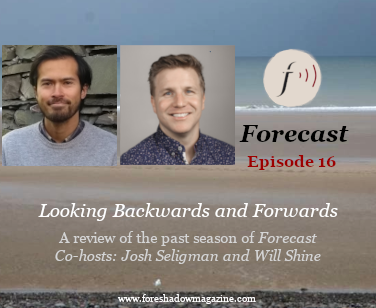
 RSS Feed
RSS Feed
